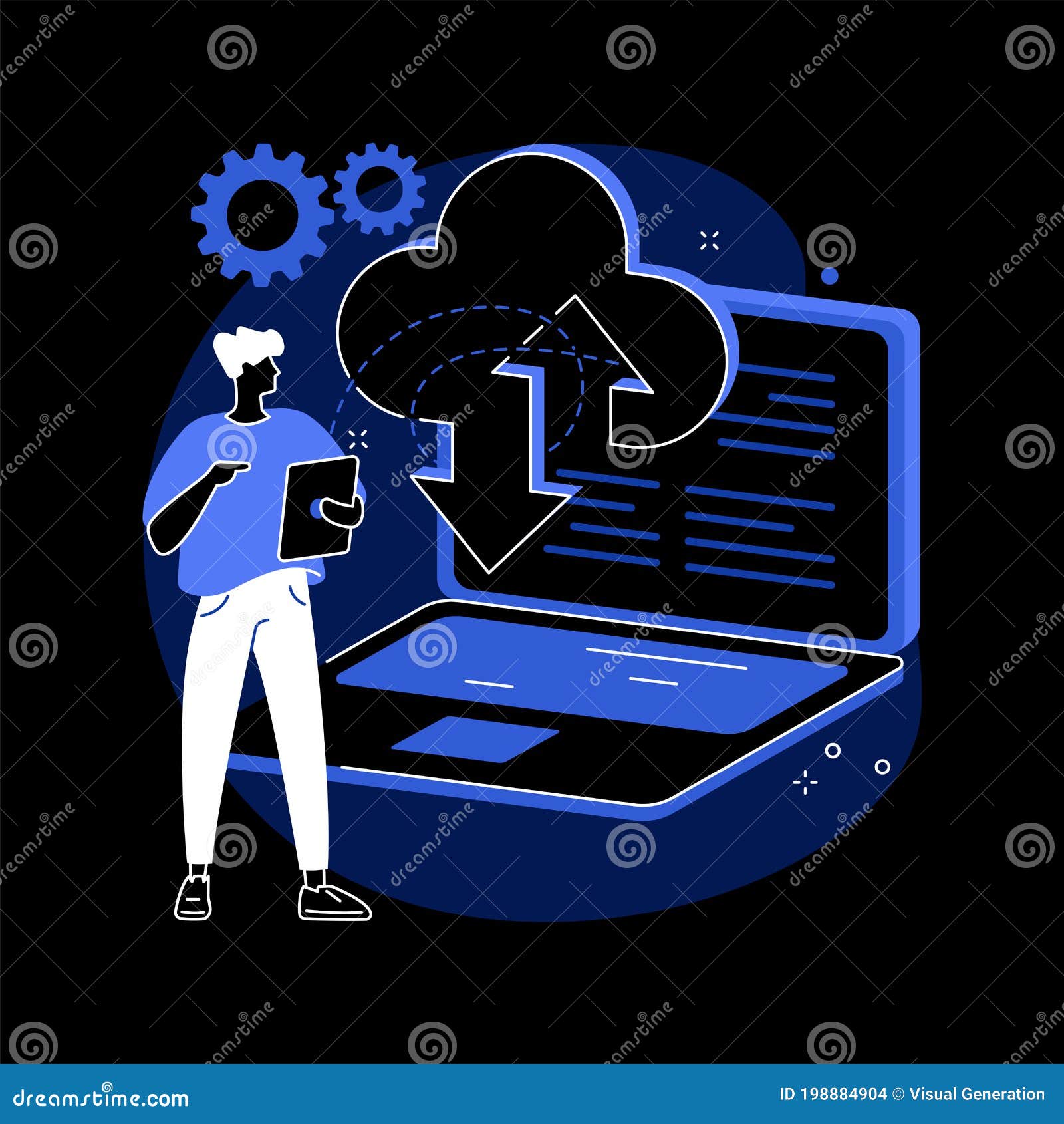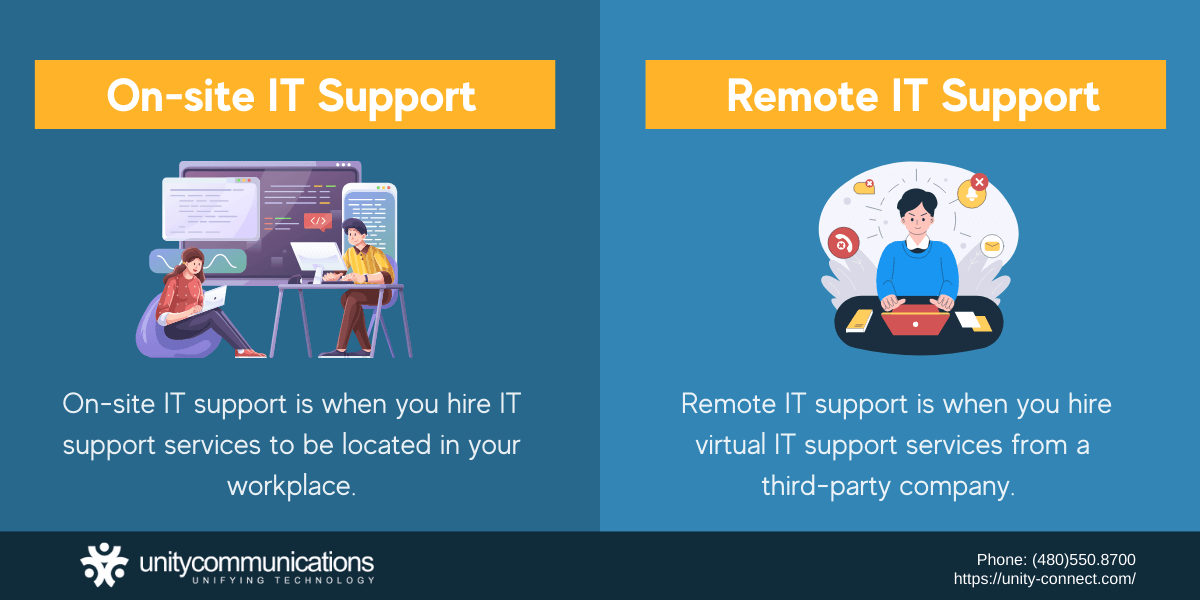Remote Professionals: Top Sectors for Remote Work Success
Remote Professionals: Top Sectors for Remote Work Success
Blog Article
Top Skills Every Remote Professional Demands to Do Well
As remote work proceeds to improve professional landscapes, understanding the vital skills that add to success in this atmosphere is significantly important. Reliable communication, time administration, self-motivation, adaptability, and technological proficiency are fundamental competencies that can substantially impact a remote expert's efficiency.
Effective Communication Skills
In today's remote workplace, effective interaction skills are necessary for success. When groups are distributed throughout varied places, the ability to communicate concepts plainly and pay attention actively is critical. Solid interaction fosters collaboration, minimizes misconceptions, and boosts productivity.
An essential part of efficient communication is adaptability. Remote professionals need to have the ability to tailor their communication designs to fit varied audiences, whether through written reports, video phone calls, or immediate messaging. Remote Professionals. Quality in created interaction is specifically vital; well-structured records and succinct e-mails aid avoid confusion and guarantee that messages are understood as intended
Furthermore, active listening plays an important function in remote communications. By showing listening and asking clearing up concerns, individuals can build relationship and trust fund among employee, which is important for preserving a cohesive workplace.
In addition, knowledge with different communication tools is essential. Proficiency in video conferencing systems, project management software, and collective applications not only improves communication efficiency but likewise allows seamless teamwork.

Time Administration Techniques
Just how can remote experts efficiently manage their time in a setting loaded with interruptions and completing top priorities? One efficient technique is the Pomodoro Strategy, which includes damaging work right into periods, typically 25 mins long, adhered to by time-outs. This technique boosts emphasis and lessens exhaustion, allowing specialists to preserve productivity throughout the day.

In addition, setting clear objectives and target dates is important. Developing everyday and regular purposes promotes responsibility and offers a sense of direction. Using electronic tools such as job monitoring software can help with task tracking and improve collaboration among group participants.
Self-Motivation Techniques
Self-motivation is the driving pressure that enables remote experts to grow in a flexible job setting. To grow this necessary skill, individuals can carry out numerous effective techniques that promote freedom and productivity.
First, setting clear, achievable goals is vital. By damaging bigger tasks into smaller, workable turning points, remote employees can keep emphasis and experience a sense of achievement as they advance. This technique not only enhances motivation but additionally provides a roadmap for day-to-day tasks.
Additionally, establishing a devoted work space can significantly affect self-motivation. A designated location without distractions helps in producing an expert way of thinking, signifying to oneself that it is time to function.
Consistently organizing breaks is an additional important method. Brief intermissions aid charge energy degrees and suffer concentration, preventing fatigue and advertising sustained productivity throughout the day.
In addition, leveraging positive reinforcement can boost pop over to this site motivation. Celebrating tiny success or rewarding oneself after finishing jobs can develop a positive feedback loophole that urges recurring initiative.
Ultimately, adopting these self-motivation methods equips remote specialists to preserve high levels of performance and fulfillment in their job, guaranteeing they stay engaged and efficient in their duties.
Adaptability and Adaptability
Flexibility and flexibility are essential characteristics for remote professionals browsing the ever-changing landscape of remote work. As companies increasingly welcome crossbreed versions and shifting concerns, remote workers have to be prepared to adapt to new scenarios with agility. This calls for a mindset that welcomes adjustment instead of withstands it.
Remote professionals usually deal with differing time zones, diverse group characteristics, and progressing project requirements. Those who can pivot quickly in action to these difficulties are most likely to keep efficiency and foster cooperation. Flexibility in scheduling can additionally boost work-life balance, enabling specialists to maximize their output while fitting individual dedications.
Moreover, versatility prolongs past plain routine modification; it involves a desire to discover and take on brand-new devices or methodologies as they arise. Constant learning and openness to feedback are vital elements that encourage remote employees to grow in unpredictable environments. By cultivating these skills, remote professionals not only enhance their own performance but also contribute positively to their groups and organizations.
Technical Efficiency
In the context of remote job, technological efficiency is increasingly important as professionals count on various digital tools to promote interaction, job, and cooperation management. Mastery of software applications, cloud systems, and interaction tools is necessary for smooth procedures. This includes experience with video conferencing Continue devices like Zoom or Microsoft Teams, job management software such as Asana or Trello, and collaborative platforms like Google Workspace or Slack.
In have a peek at these guys addition, technological efficiency includes understanding cybersecurity techniques, making sure that sensitive information remains protected throughout virtual interactions. Remote professionals ought to also be adept at repairing typical technological issues, as dependence on modern technology implies that troubles can develop unexpectedly. This capacity not only decreases downtime however additionally adds to a much more reliable workflow.
Additionally, remaining upgraded on arising innovations and trends in remote job can supply a competitive edge, permitting experts to leverage new devices that improve performance. In general, technological proficiency is a fundamental ability that equips remote employees to browse the digital landscape properly, ensuring they can add meaningfully to their tasks and teams. In a significantly digital globe, this ability set is not just beneficial; it is necessary for success.
Conclusion
In final thought, the effective navigation of remote workplace necessitates a thorough capability encompassing efficient interaction, experienced time management, robust self-motivation, and the capability to adapt to transforming circumstances. Furthermore, effectiveness in relevant technological tools is necessary for maintaining productivity and collaboration. By cultivating these crucial abilities, remote specialists can improve their performance, foster positive interactions with associates, and eventually thrive within the developing landscape of remote work.
As remote work continues to reshape professional landscapes, understanding the vital skills that contribute to success in this atmosphere is significantly essential.Versatility and versatility are critical attributes for remote specialists browsing the ever-changing landscape of remote work. By cultivating these abilities, remote experts not only enhance their very own efficiency however likewise contribute favorably to their companies and teams.
In the context of remote work, technical effectiveness is significantly vital as specialists depend on different digital devices to promote cooperation, task, and interaction management. By cultivating these crucial abilities, remote professionals can boost their efficiency, foster positive interactions with colleagues, and inevitably thrive within the evolving landscape of remote work.
Report this page